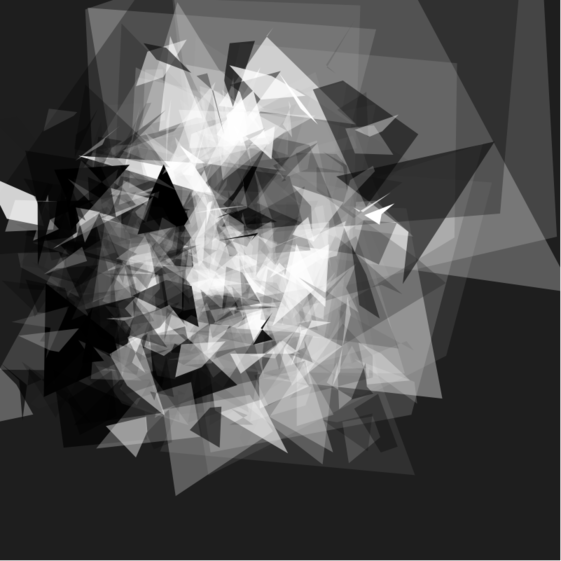
New worlds need new language. TOne of those things to name is what is happening to ourselves and our data proxies. Expanding our language from privacy to personhood enables us to have conversations that enable us to see that our data is us, our data is valuable, and our data is being collected automatically.

Published before global movement drew largely to a halt, before the majority of the earth's human population was shut indoors and before words like "virus" and "pandemic" proliferated, this curated collection is today far more than timely.
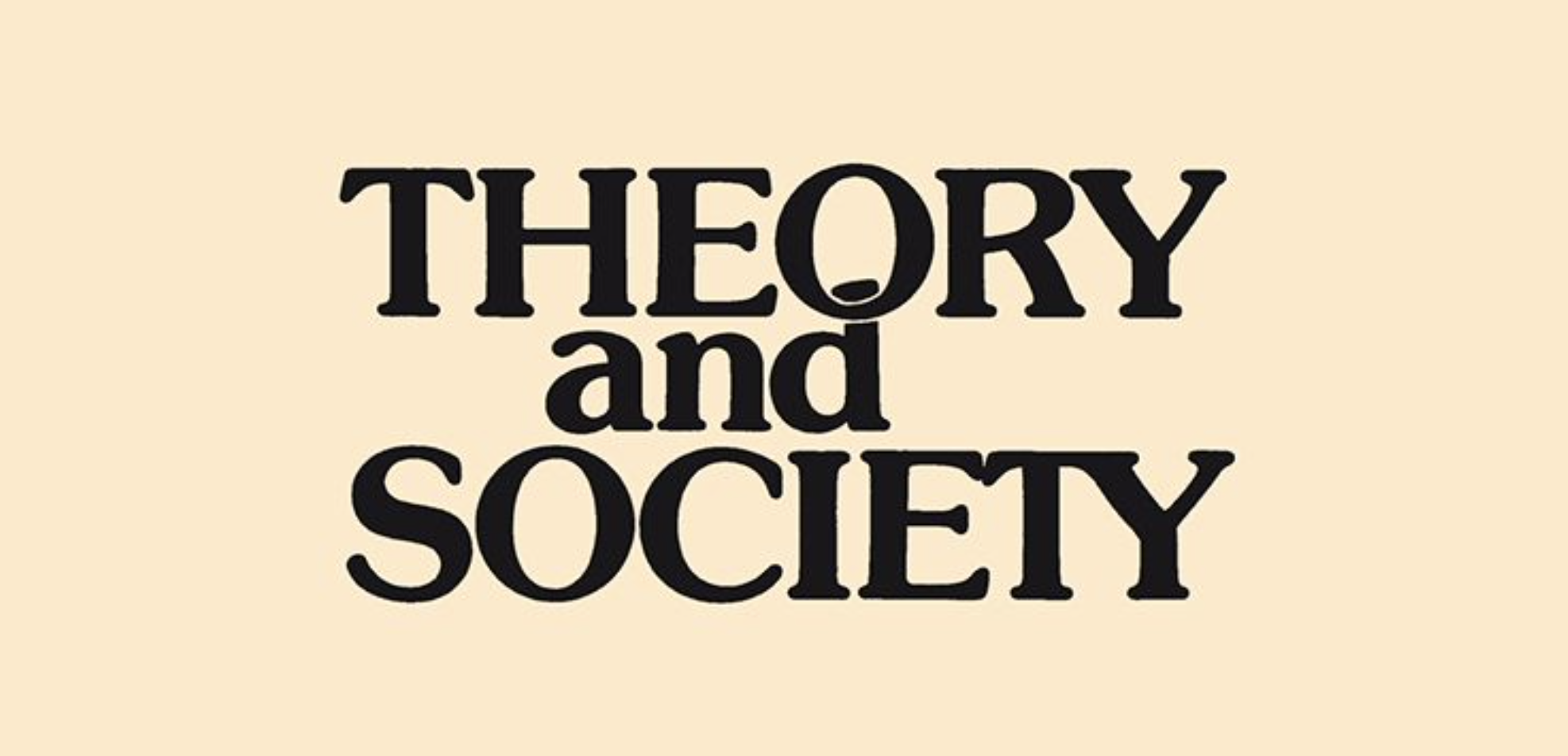
Angèle Christin argues that we can
explicitly enroll algorithms in ethnographic research, which can shed light on unexpected aspects of algorithmic systems - including their opacity. She delineates three mesolevel strategies for algorithmic ethnography.
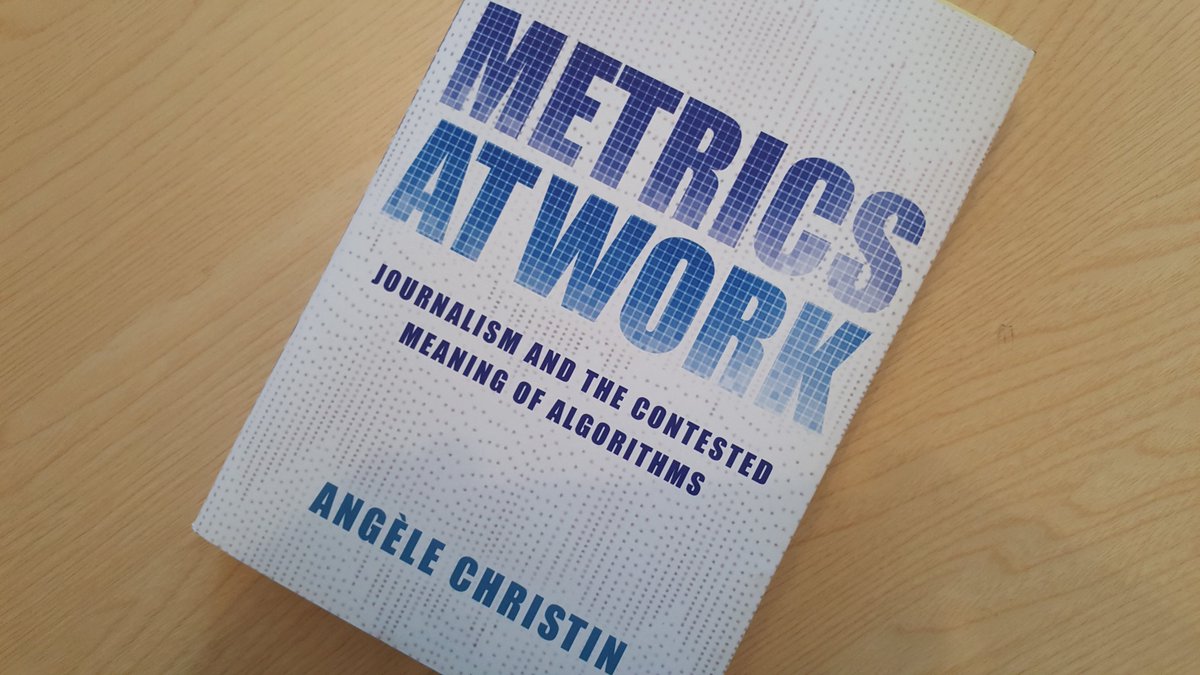
The starkly different ways that American and French online news companies respond to audience analytics and what this means for the future of news.
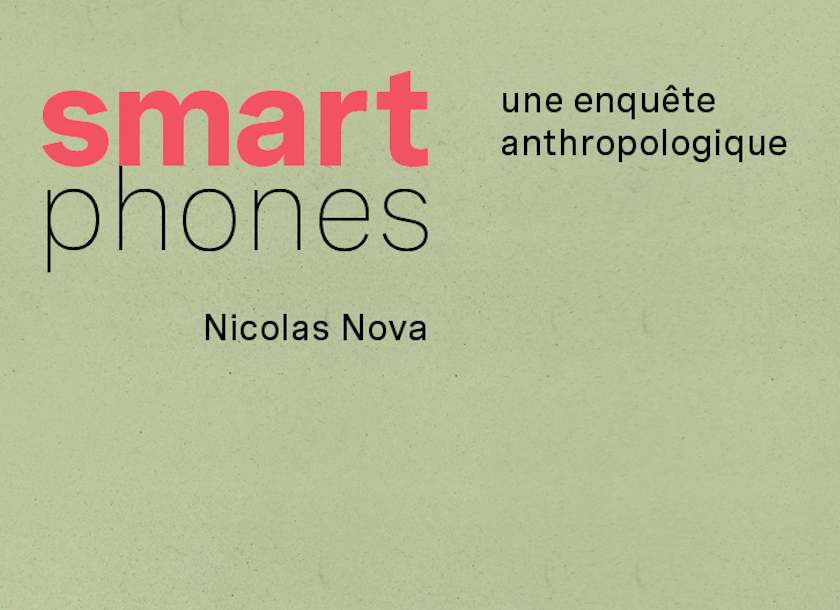
Sur la base d'une enquête de terrain menée à Genève, Los Angeles et Tokyo, cet ouvrage aborde la dimension proprement anthropologique du smartphone.
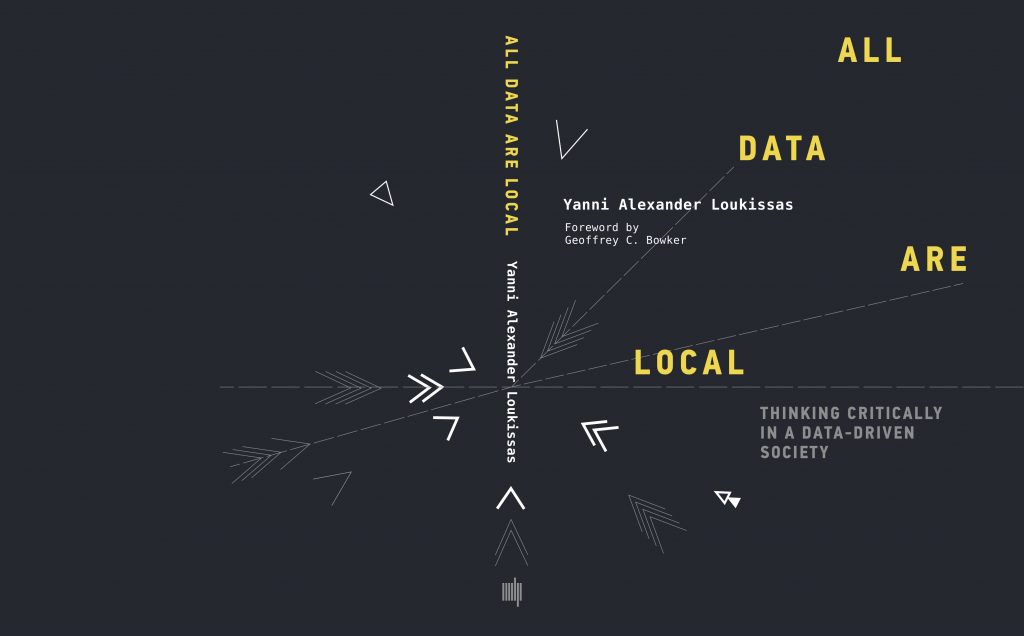
In our data-driven society, it is too easy to assume the transparency of data. Instead, we should approach data sets with an awareness that they are created by humans and their dutiful machines, at a time, in a place, with the instruments at hand, for audiences that are conditioned to receive them, says Yanni Alexander Loukissas, Assistant Professor of Digital Media in the School of Literature, Media, and Communication at Georgia Tech.
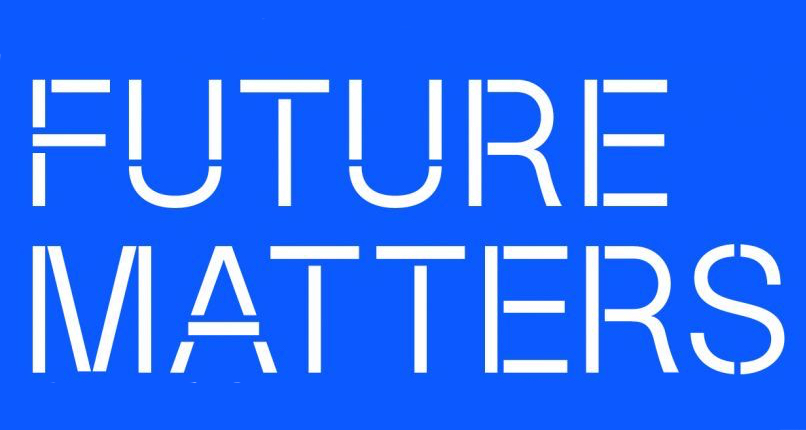
In the first Constellation of Future Matters, the team of the Emerging Technologies Research Lab of Monash University considers various aspects, from different perspectives, of the home during crisis.
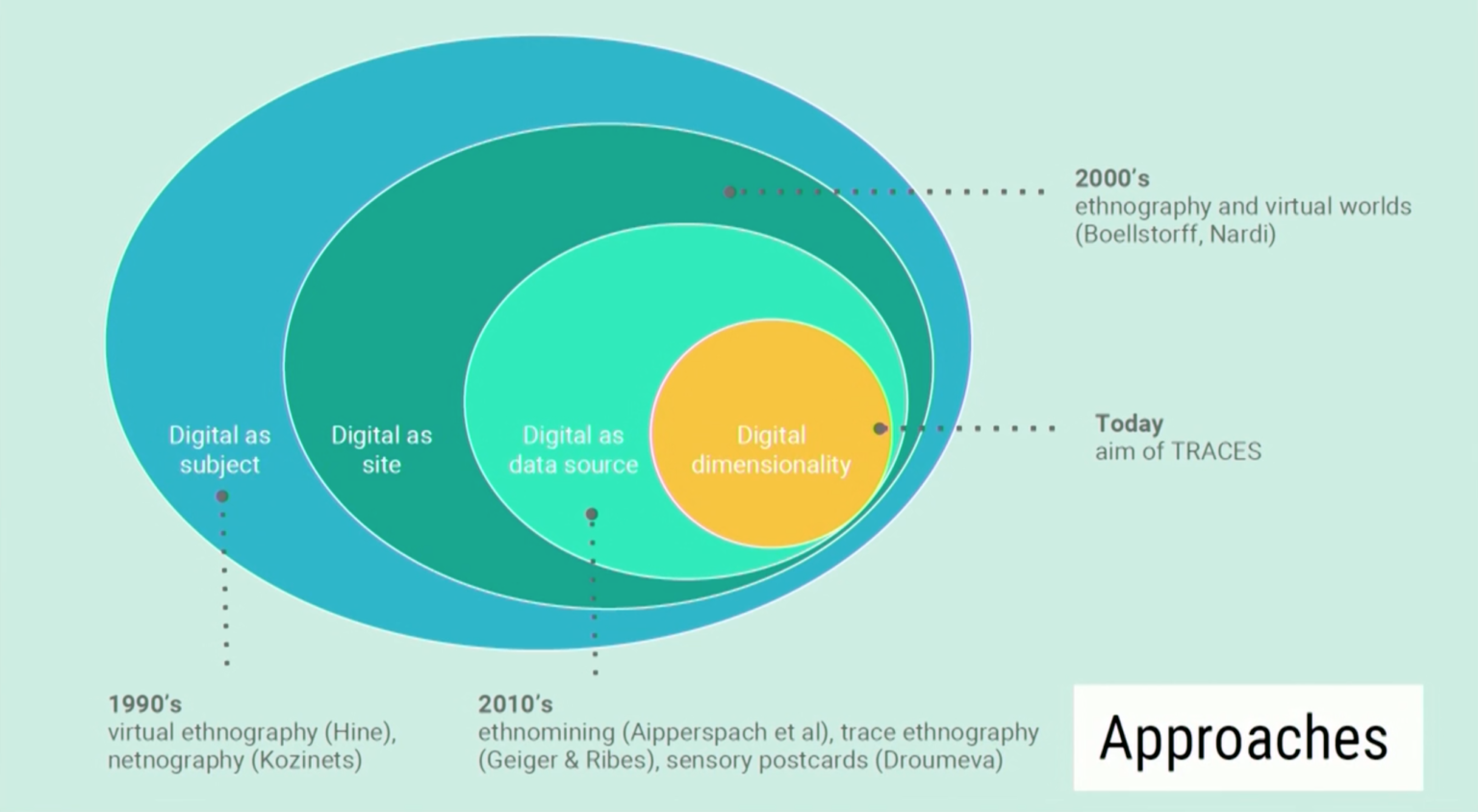
Last week EPIC people gathered for a panel discussion on remote research to share guidance and inspiration as many of us take on new, remote positions. Here are some of the approaches we discussed, grouped in four themes with resources from epicpeople.org and beyond.

Experientia's Stefano Galeazzi and Daria Cantù explore how to conduct impactful applied qualitative research remotely, when we may not be able to conduct in-person interviews - as is the case now during the Covid-19 pandemic.

Initiated by Deborah Lupton, this crowdsourced document provides necessary information and key resources for researchers struggling to conduct traditional face-to-face research under new circumstances.

This special issue of the Journal of Digital Social Research collects the confessions of five digital ethnographers laying bare their methodological failures, disciplinary posturing, and ethical dilemmas.
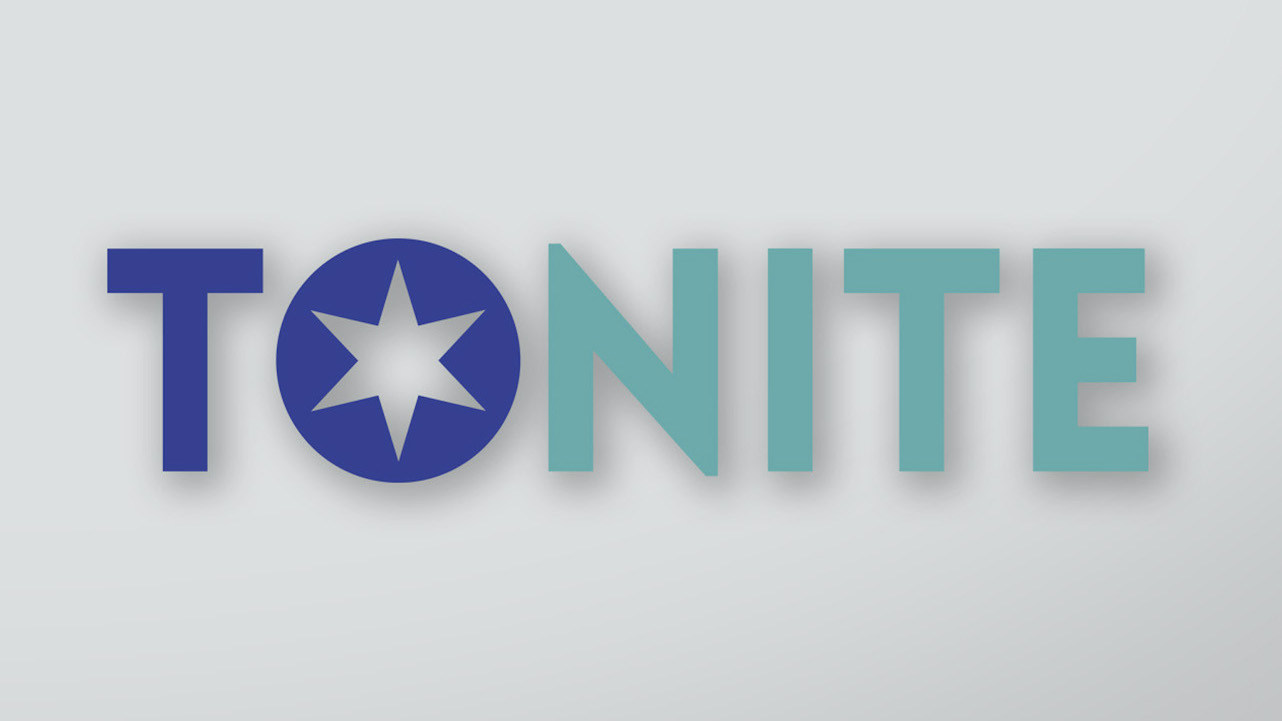
Presentation event on 14 February in Torino of the European project that aims to improve the liveability of the areas around the river Dora
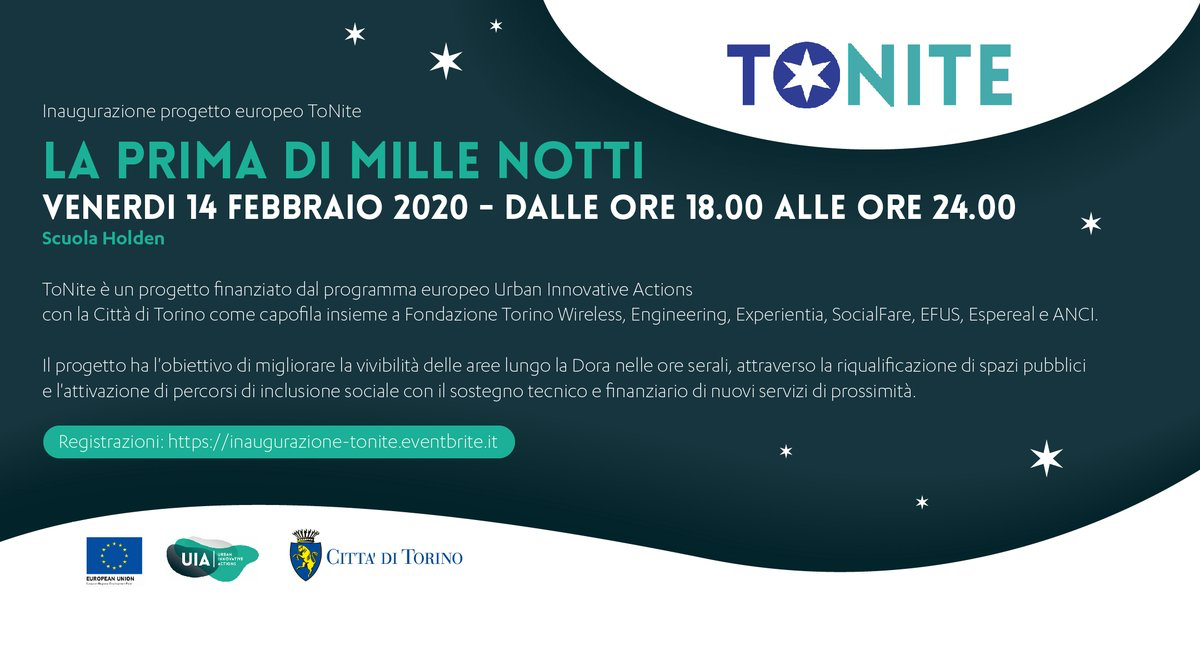
Evento di presentazione del progetto europeo che intende migliorare la vivibilità delle aree attorno al fiume Dora

On Tuesday 4 February Experientia will run a half day workshop on netnography and digital ethnography for Interaction 20 participants.

Tricia Wang of Sudden Compass pokes holes in big data hype, arguing for the course-correcting power of thick data. I share podcast highlights, such as her dismantling of "data-driven" infatuations.
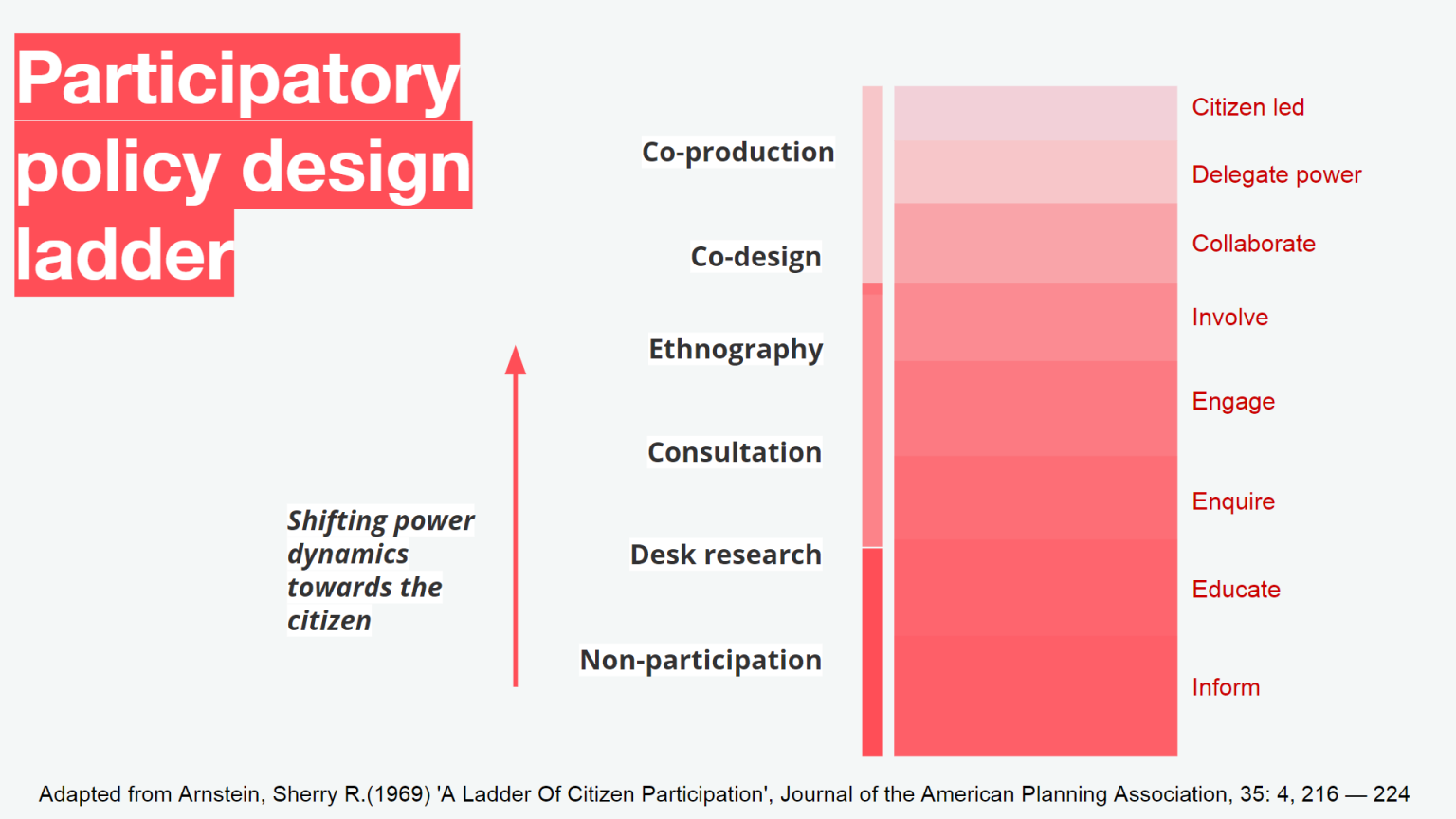
How might policymakers better understand citizens' perspectives when designing policy? Put another way, how should we improve and innovate the way policy is made to ensure it becomes more human-centred?
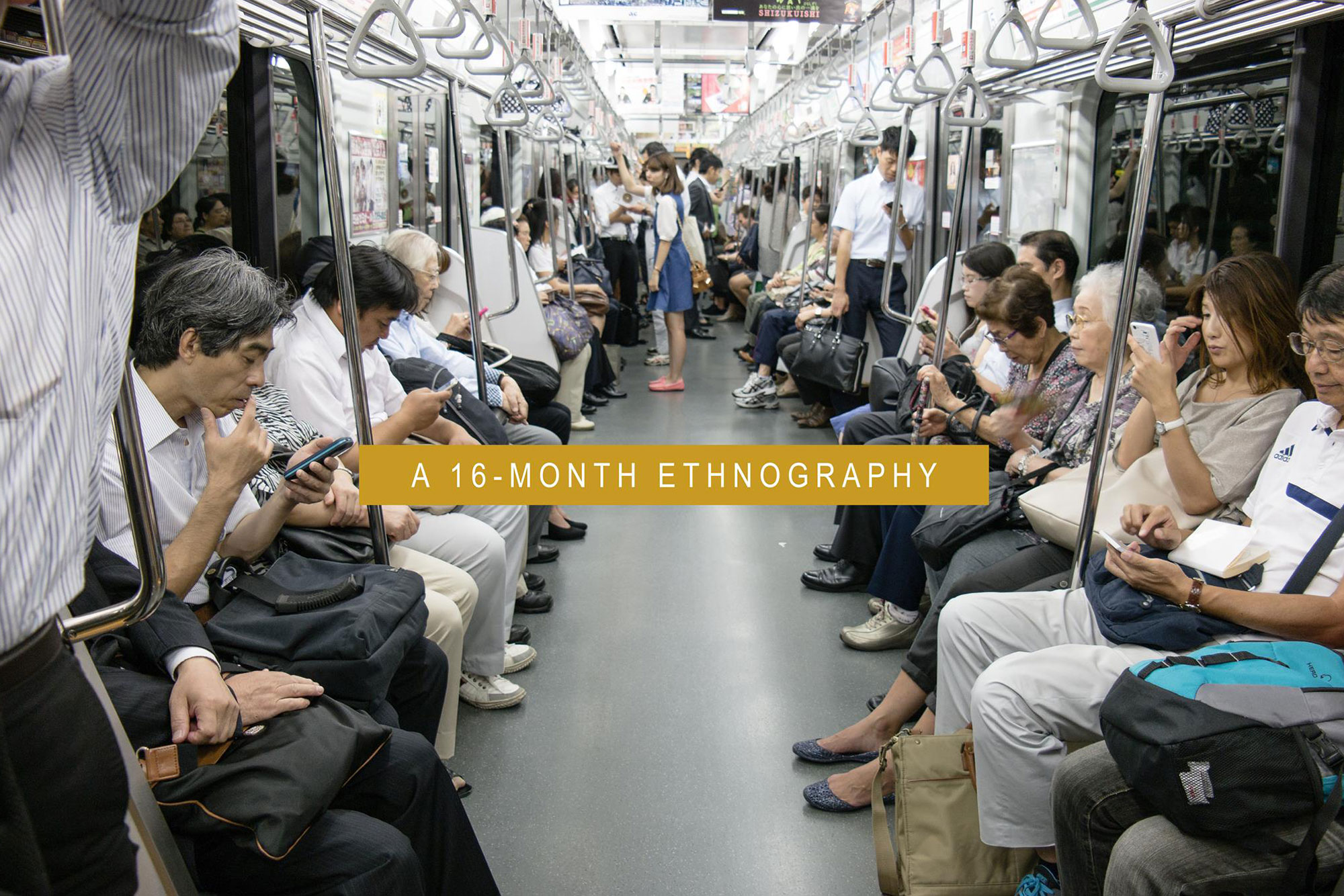
The Anthropology of Smartphones and Smart Ageing, a multi-sited research project based at UCL Anthropology, employs a team of 11 anthropologists conducting simultaneous 16-month ethnographies in Ireland, Italy, Cameroon, Uganda, Brazil, Chile, Al-Quds, China, and Japan.

The algorithms that underlie much of the modern world have grown so complex that we always can’t predict what they’ll do. Iyad Rahwan, who directs the Center for Humans and Machines at the Max Planck Institute for Human Development, proposes…

For a number of years, we have witnessed a diminishing appetite for ethnographic work among commercial clients, writes Patricia Sunderland, PhD and founder of Cultural Research and Analysis, on the site of the Qualitative Research Consultants Association (QRCA). Competition and…
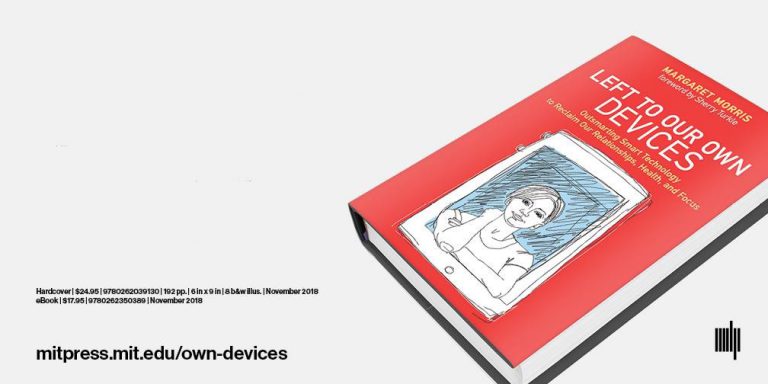
Left to Our Own Devices: Outsmarting Smart Technology to Reclaim Our Relationships, Health, and Focus Margaret E. Morris MIT Press, 2018 192 pages Unexpected ways that individuals adapt technology to reclaim what matters to them, from working through conflict with…



















